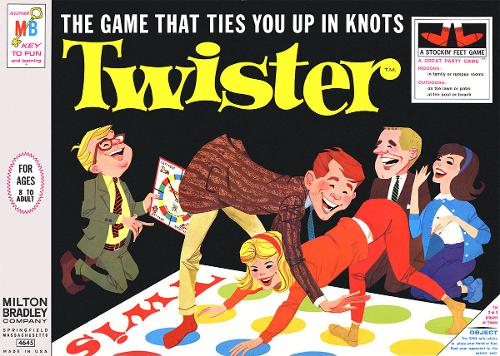raddle
100+ Head-Fier
- Joined
- Nov 10, 2013
- Posts
- 118
- Likes
- 10
I think the example that people would throw around is maybe say a bass player being more likely to notice higher bass distortion levels because of paying more attention to lower frequencies or some such. (plausible but maybe needs testing)
I don't much like rhythm examples for audio reproduction because you've largely got to **** something up real bad to get the rhythm to be perceptibly different. Well, I guess it's more possible on speaker systems.
This is another misunderstanding among objectivists, that an audio system can't affect the perception of rhythm.
First let's get clear that we are talking about rhythmic QUALITY, not just rhythm. A musician would know what I'm talking about, but in case you don't, imaging someone dancing a waltz. Imagine that they vary the angle of their leg, the height of their foot, the trajectory of their foot from step to step. That's rhythmic quality.
In music, rhythmic quality emerges from timing and ARTICULATION (as well as accents, dynamics, staccato/legato, etc.)
Some of you may have seen one of those waterfall plots of a speaker's impulse response... it takes an event (an impulse) and slices it into time steps, analyzing the distribution of spectral energy at each step. You could do that sort of thing with any event, not just an impulse. You could do it with the attack of a clarinet note, or the beat of a drum.
If you've seen a waterfall plot, you may be aware that the precise moment that the energy peaks varies across the spectrum. That's because of group delay. That means that the relative timing of events with different spectral energy can be altered.
Bottom line: a speaker can change timing and articulation.
Actually, this is what I perceive (and it's easy to perceive). However, it's a perfectly valid idea for testing rigorously. I just don't see any interest in it here. Does any scientist actually care?




